Register Now to Unlock Premium Content
Join top professionals who trust DealStreetAsia for their market insights.What you’ll also get:
2 free articles and 1 premium article each month
24-hour daily news headlines in your inbox
Free access to the Southeast Asia Startup Funding Report: Full Year 2025.
Early updates on upcoming events and summits
Already registered? Log in



